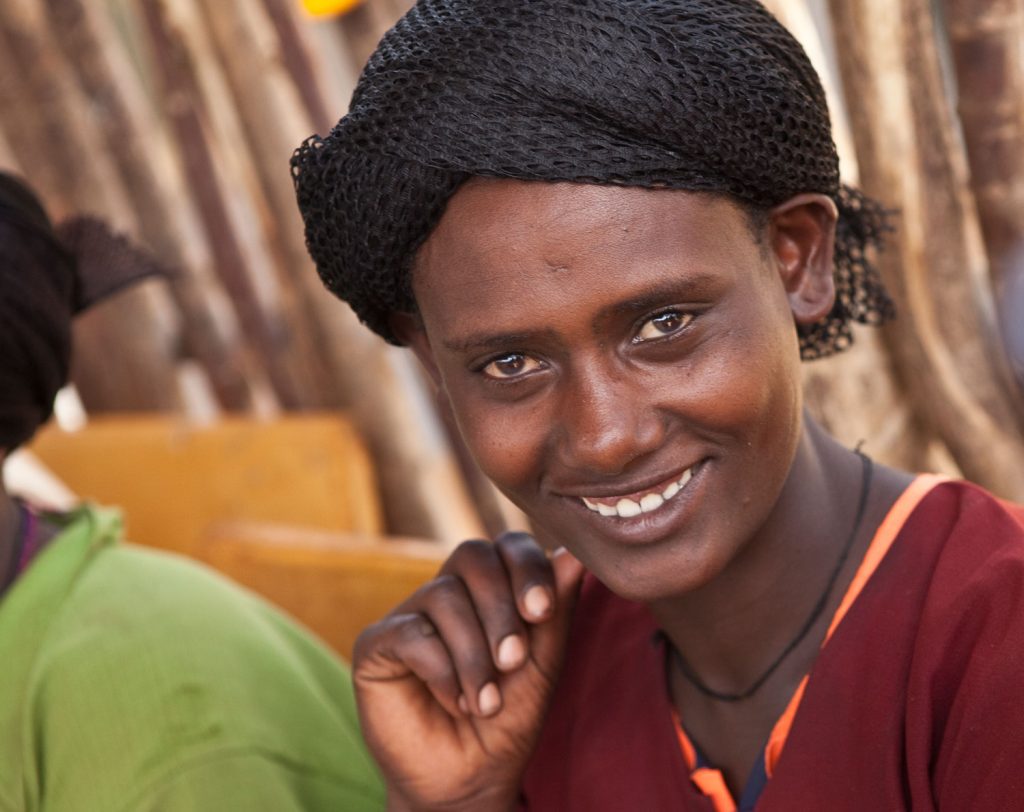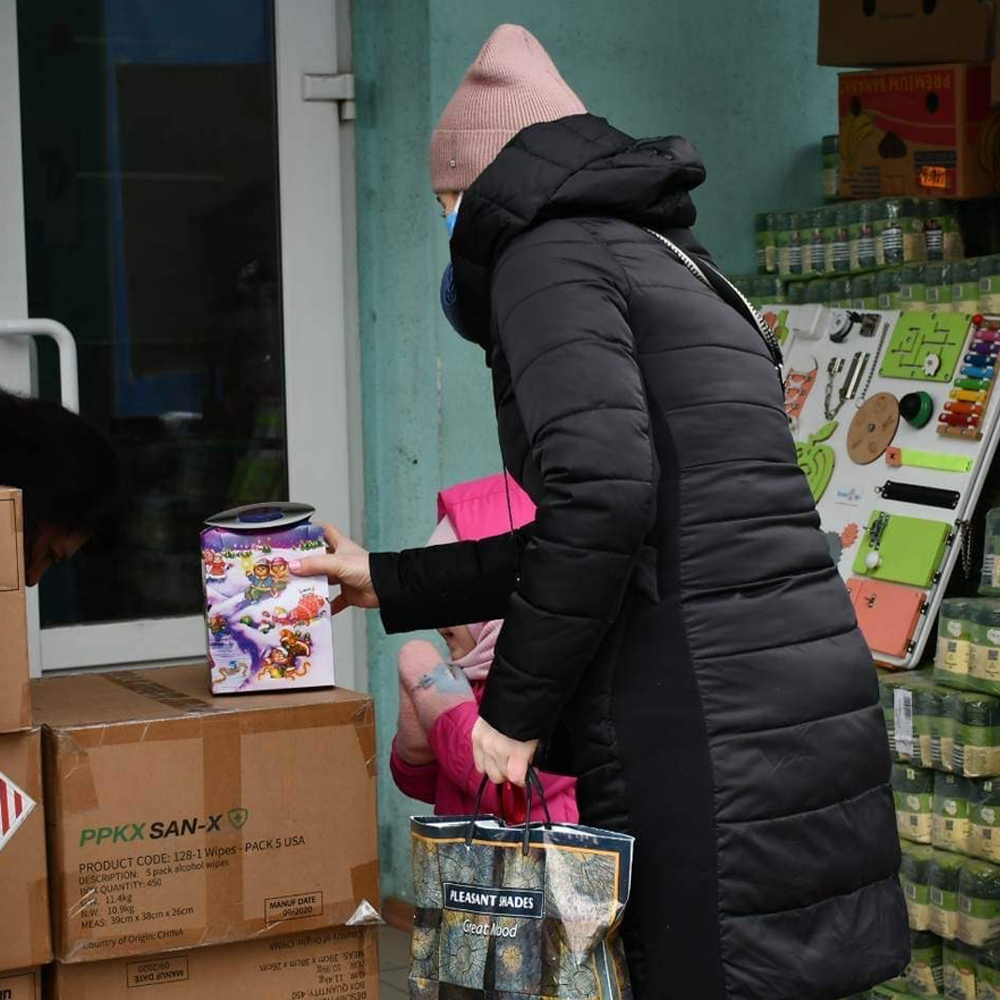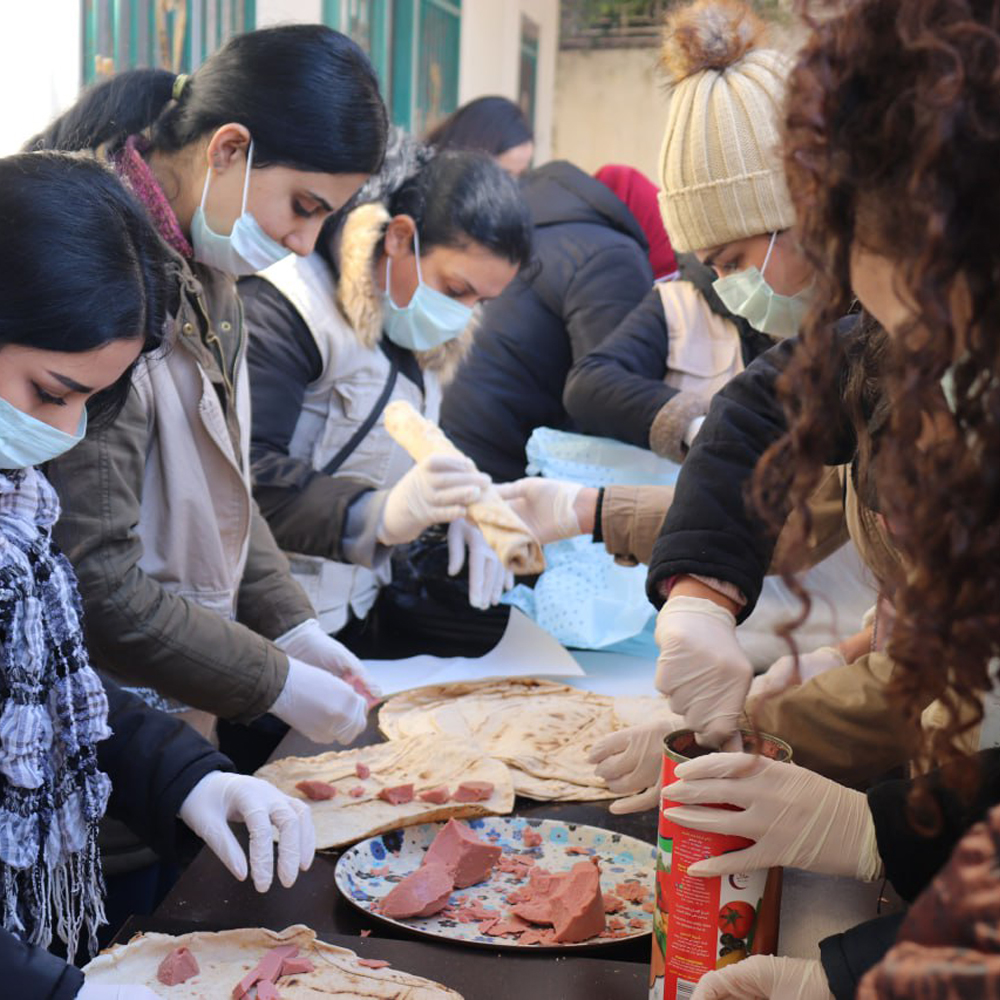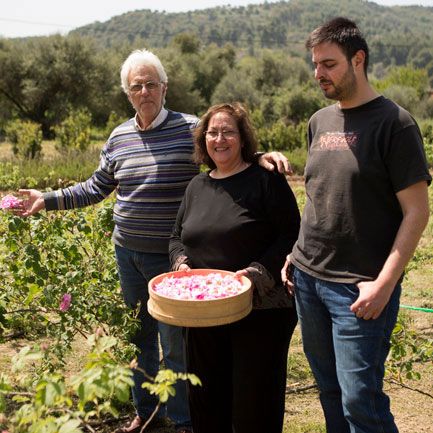
When Amele was 16, she noticed that her feet began swelling. The skin on her legs and feet started to itch and crack, and though she thought it would stop eventually, it didn’t. Her family had arranged for the young Ethiopian woman to be married, but her husband, believing she was cursed, refused to continue living with her.
About three million people in Ethiopia, like Amele, are affected by podoconiosis, or podo. A noninfectious form of elephantiasis, it’s caused by prolonged barefoot exposure to irritant minerals in some soils. Podo manifests as a painful, debilitating swelling of the legs and feet. In rural parts of the country, subsistence farming is a way of life, and the cultural norm is that most people don’t wear shoes. Combined with the distances people walk every day, this increases the risk of developing podo.
Amele returned to her parents’ home and withdrew from daily life, leaving the house less and less as the months passed. The social stigma attached to podo meant that she was rejected not only by her husband but also by many others in the community because of the condition.
It was four years before things changed for Amele. Her brother heard about an IOCC clinic set up to treat podoconiosis and took her there. After just a week of treatment, she began feeling better.
Podo can be alleviated through daily washing with soap and water, and compression bandages help reduce the swelling. Wearing shoes and socks protects the feet from exposure and can prevent the condition from developing in the first place.
With her new knowledge about how to treat the condition herself, Amele recovered beautifully. The pain and swelling in her legs subsided, and she could once again participate in community life without feeling embarrassed or worrying that she’d be rejected.
“Because of the good care I received from the clinic, I can think of the future with new hope, and dream again of marriage and family,” she said. “My life is better. Thank you for giving that back to me.”
IOCC began combatting podoconiosis in Ethiopia in 2010 and has expanded its efforts to 32 clinics in the Amhara region. Projects focus on treatment and on teaching self-care, as well as on conversations about shoes and a community-led approach to awareness.




